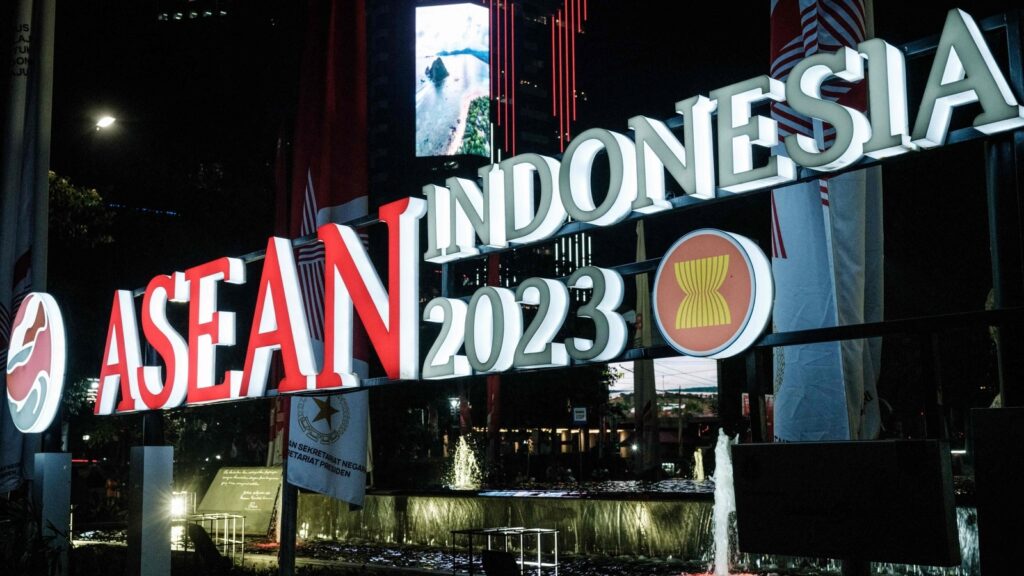Long before the rise of China as a global powerhouse, Asean was a key player in the Indo-Pacific. The 10-nation Association of Southeast Asian Nations — comprising Brunei, Cambodia, Indonesia, Laos, Malaysia, Myanmar, the Philippines, Singapore, Thailand, and Vietnam — established an effective mechanism for trade and commerce, a framework for cooperation with the strict understanding that the internal affairs of a member country would not be discussed at the multilateral forum, something that allowed a nation such as Myanmar, roiled by coups and military rule, to participate in talks. Implicit in this understanding, at least since the 1990s, was the need to hem in Beijing’s sphere of influence, though some countries in the grouping are closer to China than others.
It is against this backdrop that Prime Minister Narendra Modi’s visit to Indonesia on September 6 and 7, just before the G20 summit in New Delhi, assumes importance. Despite hosting the biggest international event held in India in decades, and crucial bilateral meetings with United States (US) President Joe Biden, Mr Modi’s decision to find time for the Asean summit underscores the importance New Delhi is giving to the bilateral relationship with Indonesia and the institutional relationship with Asean. This is, no doubt, an attempt to reverse the perception that India was not sufficiently engaged with the pivotal grouping. With Indonesia being the previous president of the G20, the visit is also likely to yield dividends for the Delhi summit.
But the biggest impact is likely to be on the Indo-Pacific. The state of play in the region hinges on the centrality of the Asean. Mindful of political limitations, and China’s outsized economic might, Asean has been careful — refusing to tilt either towards Beijing or the US-led coalition that aims to undercut China’s attempts at expanding its sphere of influence. Mr Modi’s Asean visit — at a time when Joe Biden is giving it a miss — and greater engagement with the grouping, can not only unlock trade opportunities but also create a valuable role as a balancing force for New Delhi in a region that will emerge as a global hot spot for commerce and political contestation. India could also emerge as a node for cooperation between Quad and Asean, plugging the gaps in coordination between the two groupings. With his visit this week, Mr Modi has ensured New Delhi remains a key player in the mix.
Embrace independence with quality journalism
Save on HT + The Economist subscription


